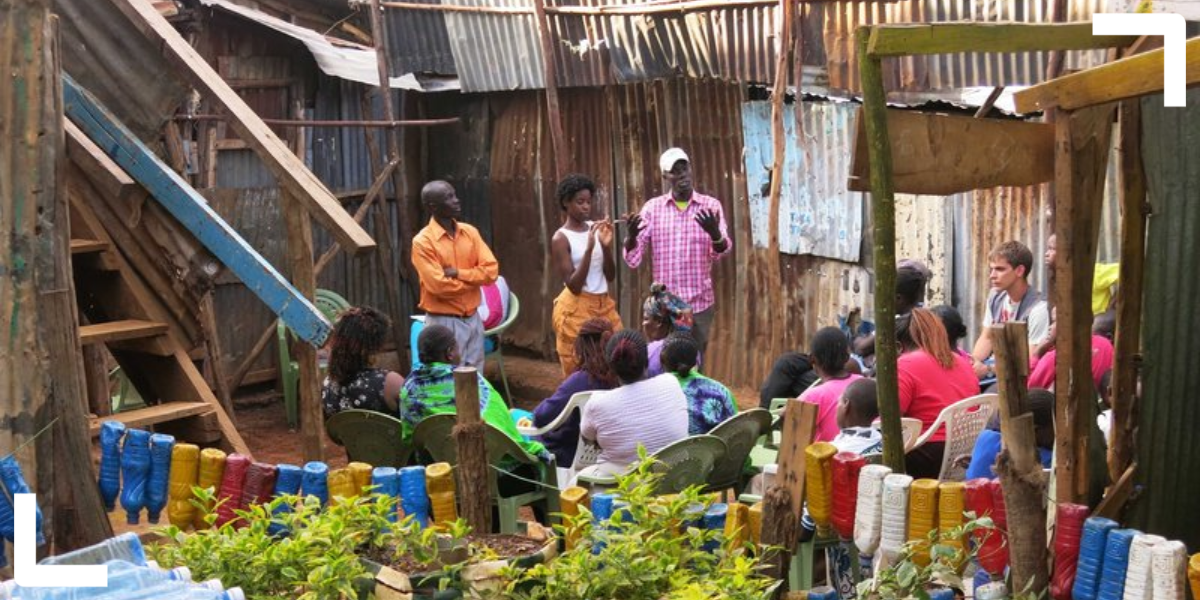By Kate Lines
Public spaces that mitigate flooding in Nairobi. Developing policies to support internally displaced people in Mogadishu. Community-led climate resilience planning in Lagos. Embracing urban informality in Zimbabwean policy dialogue. Empowering and including youth in community safeguarding in Maiduguri. Accepting heterogeneity in sanitation infrastructure in Kampala. And strengthening the social contract by linking revenue generation to improved service provision in Freetown.
These are just some of the success stories from African cities that we’ve covered as case studies since we launched the ACRC urban reform database a year ago.
> Read more about the database’s aims and our approach to understanding and documenting positive and transformative urban progress in this earlier blog.
The database is a learning tool. The ambitions are:
- First, to recognise the breadth of efforts to advance an urban reform frontier by sharing a wide set of related work. New case studies are continually being sourced, compiled and published – but many interesting urban reform initiatives are still undocumented.
- And second, in doing so, to catalyse and contribute to broader debates about what is possible.
- Then, third, to bolster our evidence base about the key themes underpinning positive and meaningful urban transformation, building on ACRC’s conceptual framework.
Share your views
We want to grow and develop the urban reform database further – and that’s where we need you!
Please share your experiences of using the database – and any suggestions for improvement or ideas for case studies – via this short survey:
Header photo credit: Kounkuey Design Initiative (KDI). A co-design workshop at Anwa School in Kibera informal settlement, Nairobi.
Note: This article presents the views of the author featured and does not necessarily represent the views of the African Cities Research Consortium as a whole.
The African Cities blog is licensed under Creative Commons Attribution-NonCommercial-NoDerivatives 4.0 International (CC BY-NC-ND 4.0), which means you are welcome to repost this content as long as you provide full credit and a link to this original post.


